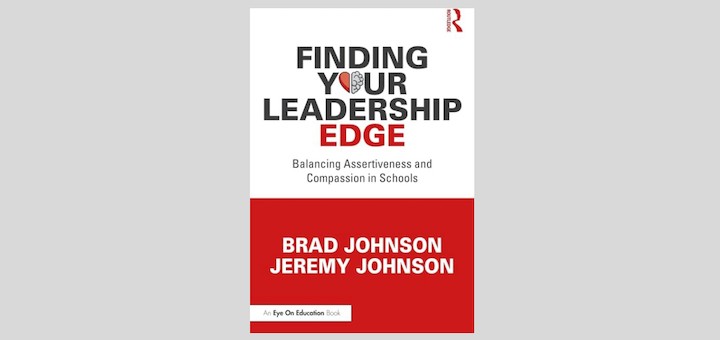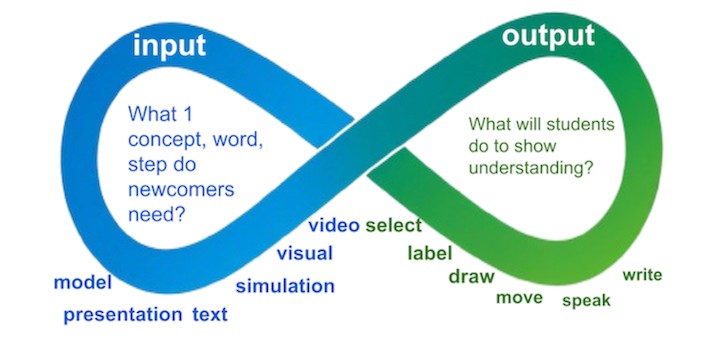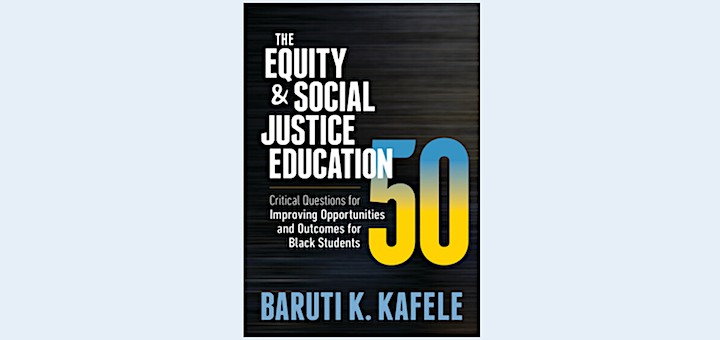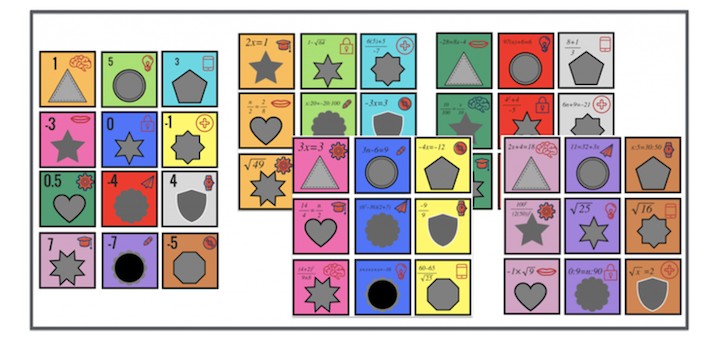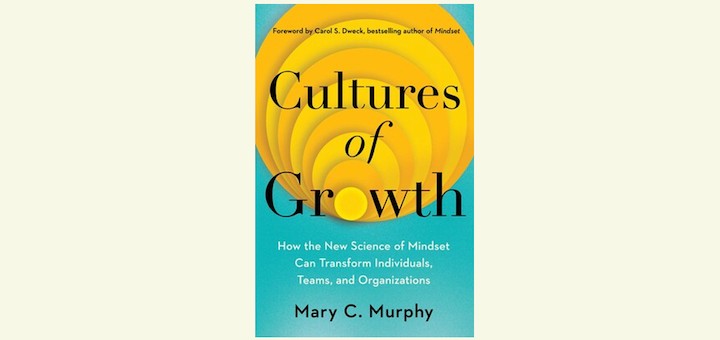Teaching and learning in grades 4-8
Beginning with reflective exercises to help readers identify their leadership tendencies, Brad and Jeremy Johnson offer a nuanced exploration of the tension between assertiveness and compassion in school leadership and then provide actionable strategies to achieve balance.
Kathie Palmieri has been exploring the significance of vocabulary and the use of context clues to decipher meaning across all the core subject areas. After researching and working with her own students, she shares her findings on the impact of word study on academic success.
Chunking alone won’t help multilingual learners with the deluge of new content they experience. Tan Huynh shares the Input-Output Loop, a strategy to make chunking more effective by assuring immediate processing time and segmenting content into units students can internalize.
Baruti Kafele’s motto,”If it impacts the students, we must be willing to discuss it,” really sums up what this book covers and what equity and social justice work is all about. We cannot continue with business as usual and think we will have better outcomes, writes Claire Stein.
Michelle Russell recently revisited random grouping for her math students and found the environment was much better. Students were talking more together, and there was more work being done during discovery activities and concept practice. Included: a free grouping card site.
Rather than despairing over grammar mistakes in their corrected papers, Jason DeHart suggests students can succeed in ELA by noting the varieties of sentences, talking about their impact on the narrative, and describing the feelings and actions these stylistic choices evoke.
Facing the ‘December Dilemma’ of how to include winter holidays in the instructional day? This MiddleWeb resource offers a multi-faceted look at religious and non-religious aspects of the season, legal issues, and some ideas for seasonal lesson planning.
We all deserve to work towards creating a culture of growth in our schools, and reading Mary C. Murphy’s Cultures of Growth on the science of mindset is a wonderful place to start, writes educator Brad Waguespack. The book applies Dweck’s findings to organizations and groups.
Most teachers are not multilingual learner specialists, writes NBCT and 2018 NTOY Mandy Manning. But most ARE teaching MLs. Overcoming a language barrier may feel insurmountable, but it’s not. Manning shares three key strategies that help fully support MLs in general classrooms.
Ron Williamson and Barbara Blackburn advocate for a three-step teacher evaluation process that emphasizes pre- and post-observation conferences designed to promote full teacher ownership and collaboration, with an emphasis on recognizing strengths and planning for growth.

